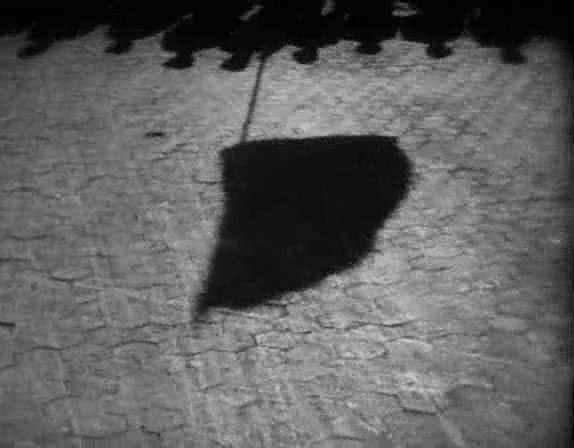
Aspen Stanley
The idea of montage is heavily explained, and defended by early soviet film-makers such as Eisenstein, Pudovkin, and Alexandrov. They would discuss theories in the construction and purpose of montage. When the introduction of sound into the cinematic experience, sure enough, the same soviets had much to say about the way sound should exist and interact with the montage.
The Soviets introduce a few possibilities for how sound can serve a purpose in montage, and also how sound could be the detriment of the piece. In attempts to stray away from the theater and grow into the potential film has apart from it use to capture theatrics, rather as a medium of constructing montage, the automatic adherence of sound to film is what is could be the driving detriment of a film. A “backing track”, so to speak, is what these thinkers are referring to: the purpose of adding sound for the sake of adding sound. This addition of a “backing track” to film is curious in early film because, often the music added to a film was being performed by a live orchestra in the cinema. In order to avoid “destroying the culture of the montage” a few applications for sound in film are introduced.